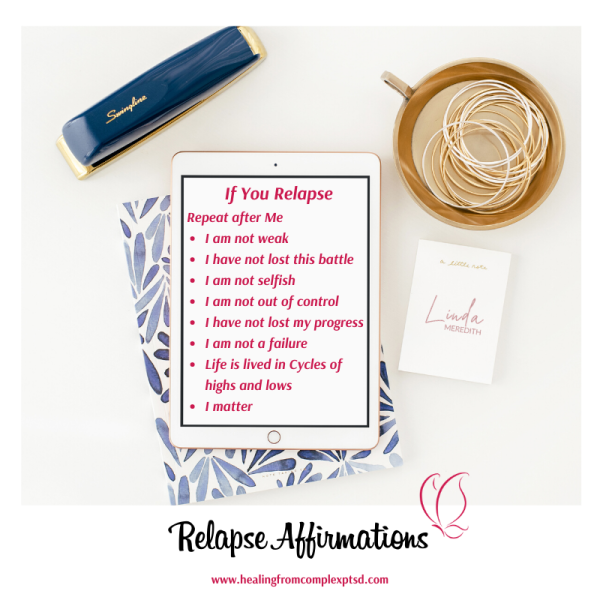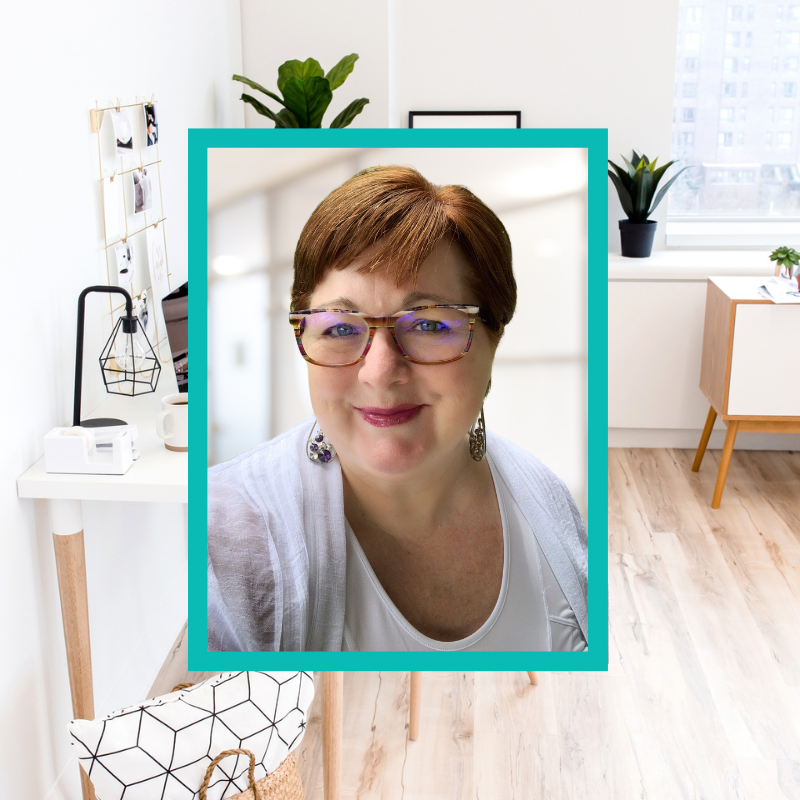8 Mindful Affirmations for Complex Ptsd Healing
This article was posted on our original blog at Healing from Complex ptsd, April 20th 2020.
8 Affirmations for Complex Ptsd Recovery
In my family it was a case of if we don’t acknowledge the emotions they’re not happening. If we don’t talk about them, they didn’t happen. At around 14 years of age I was given the nickname "Elizabeth Taylor" after the famous actress. Apparently me expressing emotions was likened to me be a drama queen. This was my family's way of deflecting, of not being adult enough to say "we have no clue how to deal with someone expressing emotions."
My need for an emotional conversation, to understand things I just didn't as a teenager, for emotional validation i.e. to be seen and heard and cared about, went unmet. I wrote notes to my parents and left them under their pillows. Mainly apologising for my emotional outbursts but also wanting them to sit down with me and explain a few things. I'd wake up the next morning wishing, hoping, praying for one of the adults to speak with me. Nothing.
What's a girl to do?
Out of this mess I developed some really unhealthy emotional habits. Some I'm still working on today. One of my earliest ones I needed to address was not speaking unless I knew I was right. I look back now and think I might have been a pain in the butt! My latest one is learning how to speak up at home when I'm upset. It's been decades of managing my emotions internally on my own but I'm up for the challenge.

Now that science is showing how unexpressed emotions stay in the body until identified, understood and felt in a safe environment I need to build a new habit into my life. Healing is a journey of forming new habits. I need to recognise when I'm not feeling good about a situation and start speaking up. I'm grateful my adult children want to have the tough conversations with me.
Throughout my healing journey I've noticed how some of my emotions have been held in my gut and until I did my internal work I had zero experience of what a gut instinct actually felt like. It’s definitely a different experience when you haven’t grown up experiencing it. To get to feeling a gut instinct I had to do a lot of awareness around how tight I held myself internally.
Now I’m working on the deep seated emotions in the heart area. I’m gathering the keys to unlock what is holding it tight. It definitely is taking a bit of time to gather the keys. The good news is I know it’s doable by taking action, through forming new habits.
I remember years ago when the practice was to identify emotions and have an emotional release i.e shed a tonne of tears. The problem with this process was it didn’t release the tightly held emotions out of the body. This process could quite literally keep those of us with Complex Ptsd reliving and revisiting the past repeatedly.
Now, we know better. Healing from Complex Ptsd, the releasing of long held onto emotions comes from a multi disciplined approach. None of which involve going over the past because it’s still alive in us here and now.
So for today we’re going to begin to teach ourselves it’s ok to feel crazy when life changes because we didn’t get modelled to us the imprint of how to recognise and process change. Then we’re going to sit down and work it through just one step at a time. In the meantime I'm going to use these affirmations to remind me it's okay not to have answers right here and now and to breathe and take one step at a time.
#togetherwecan
Blessings and dreams,
Linda xo
Courses
Let's Create Generational Change Together
To support this goal, Healing from Complex Ptsd allows you to:
- Access professional education and business support from industry leaders
- Learn a results driven approach to CPtsd recovery
- Discover a full library of ready to use tools and resources
Popular courses
Terms and Conditions
Developmental Trauma Self-Check
Over the past 12 months, how many and how often have you noticed:
-
I work hard to hold it together in public, then crash in private.
-
I struggle to name what I feel until it overloads me.
-
I say yes to keep the peace, then feel resentful or empty.
-
I feel loyal to people who do not treat me well.
-
I lose time or feel foggy when stressed.
-
I avoid closeness or over-attach quickly, then panic.
-
I find it hard to trust my own judgement.
-
I feel shame when I try to set boundaries.
-
I need external approval to feel steady.
-
I push through fatigue instead of pausing.
How to use this:
0–3 items often: you may be using a few survival patterns.
4–7 items often: consider paced support to rebuild safety and choice.
8–10 items often: a trauma-trained professional can help you restore stability and connection.
Brain Impact Self-Check
Over the past 12 months, how often have you noticed:
-
My mind jumps to what could go wrong, even in safe moments.
-
I find it hard to remember recent details when I am stressed.
-
Decisions feel risky, so I delay or avoid them.
-
I forget good experiences quickly and dwell on the bad.
-
I feel numb or overwhelmed, with little in-between.
-
I lose words when emotions rise.
-
I misread neutral faces or tones as negative.
-
I struggle to notice body signals like hunger, tension or breath.
-
I do better when someone I trust is nearby.
-
I feel different “versions” of me in different settings.
How to use this:
0–3 often: some protective habits; gentle self-care may help.
4–7 often: consider trauma-trained coaching to build daily brain skills.
8–10 often: a paced, brain-based plan can restore clarity, memory and confidence.
For formal assessment, use recognised measures:
-
ACE-IQ or ACE-10 for adversity history (education only on public pages).
-
ITQ (International Trauma Questionnaire) for ICD-11 PTSD/Complex PTSD.
-
DERS for emotion regulation, DES-II for dissociation, PCL-5 for PTSD symptoms.
-
PHQ-9, GAD-7 for mood and anxiety; OSSS-3 for social support.

